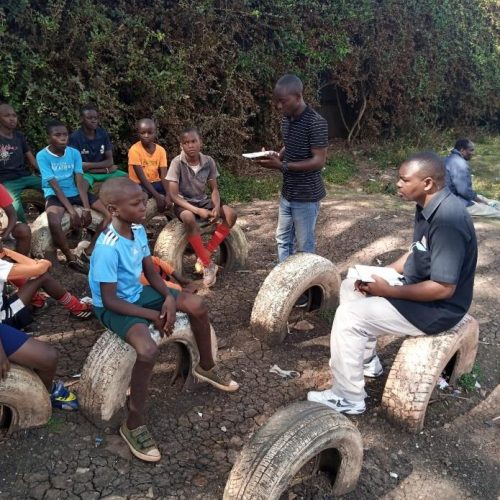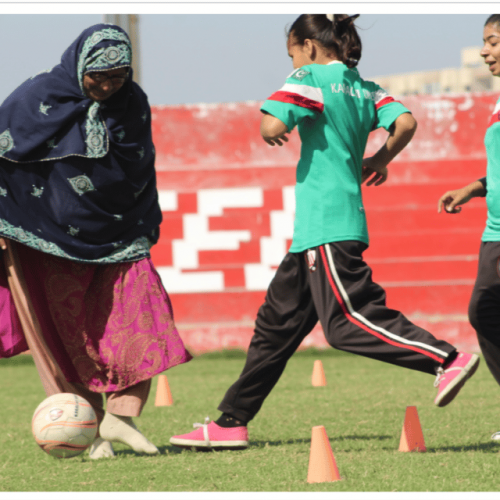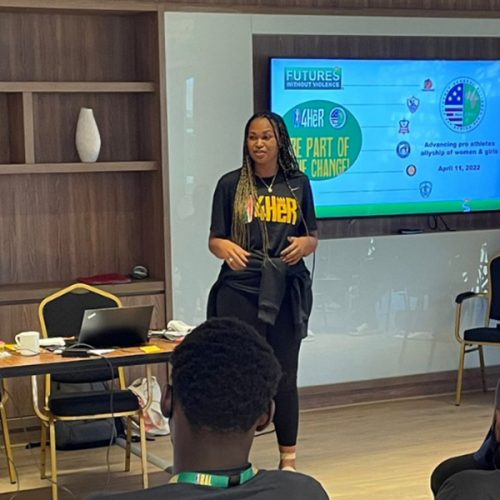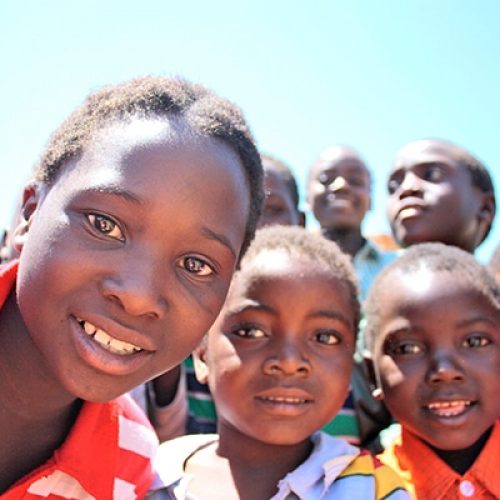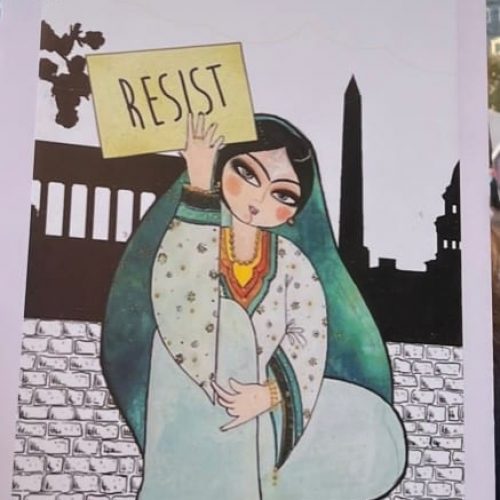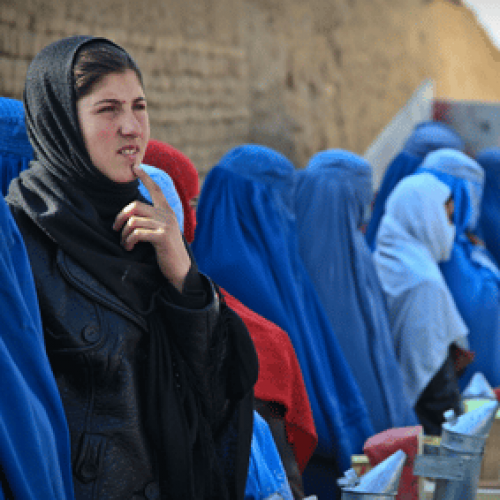FUTURES has taken the nationwide success of Coaching Boys Into Men and expanded it into the international space, hosting trainings, supporting program adaptations, and partnering with international organizations to expand the reach of CBIM across the globe.
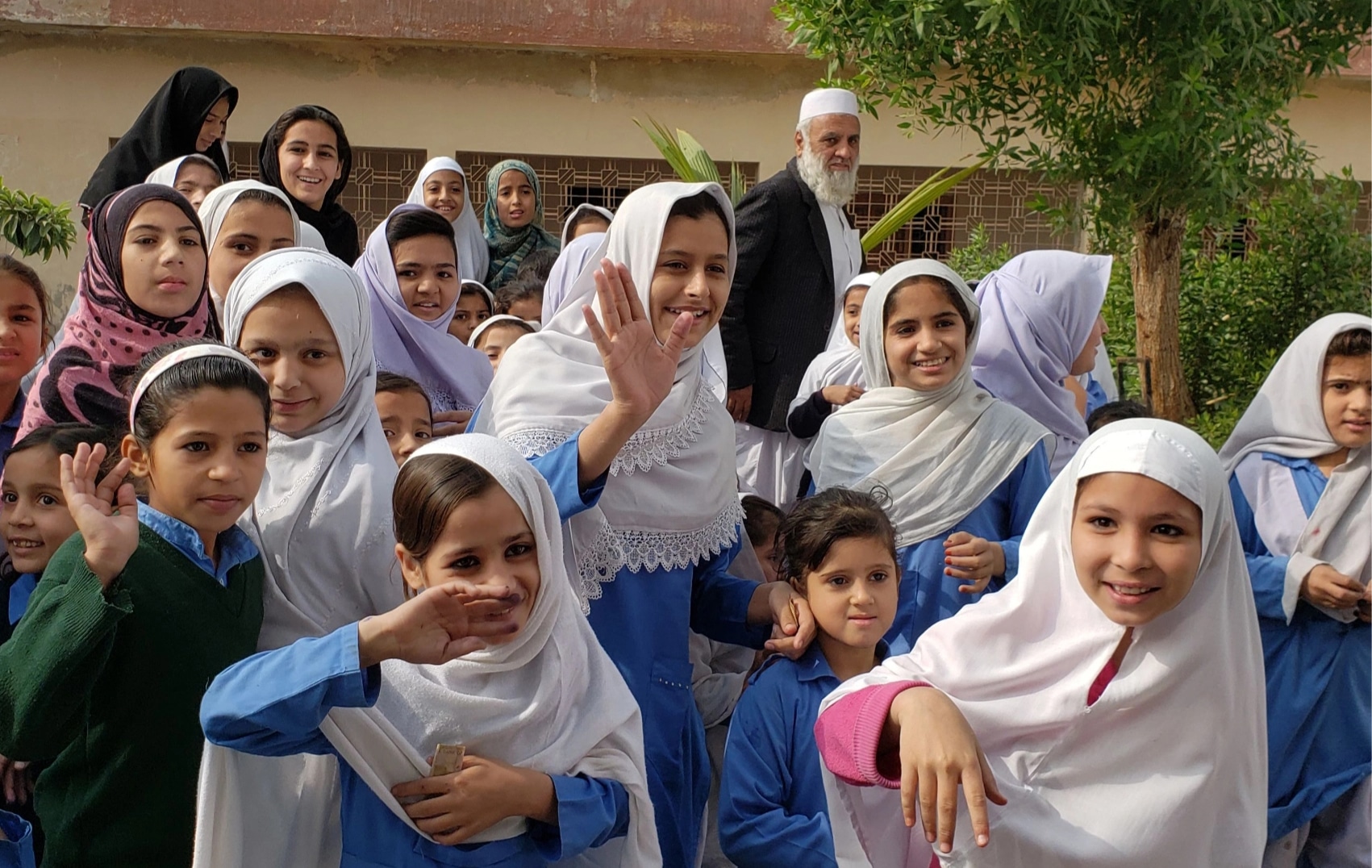
International
We believe that ending violence against women and children is essential to development, health and prosperity in nations and communities around the globe. One out of every three women worldwide will be physically, sexually or otherwise abused during her lifetime—with rates reaching 70 percent in some countries. This type of violence can take on many forms, from rape to domestic violence, to child marriage and human trafficking. In an effort to end this scourge on women and girls worldwide, FUTURES engages in advocacy, education and programming efforts and helps develop innovative policy solutions which call for sustained support and continued leadership.
Legislation
Progress toward equality remains elusive in every field. No nation has achieved gender equality in education, health, economic empowerment, power, decision-making, and violence against women and the girl child. At FUTURES, we work to identify the drivers of inequality, advance policy and legislative solutions that address such drivers, and put forth pathways that will lead to achieving equality.
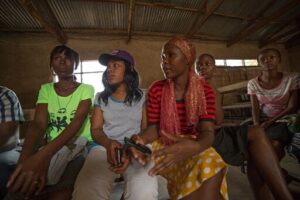
Click below to contact YOUR individual congressmember and send a pre-written message urging them to pass this important bill. It’s easy, takes one minute, and makes a huge difference. Thank YOU for your help!
117th Congress Lead Sponsors:
Rep. Grace Meng [D-NY-6], Rep. Mario Diaz-Balart [R-FL-25], Rep. Chrissy Houlahan, [D-PA-6], Rep. Chris Stewart, [R-UT-2], Rep. Lois Frankel, [D-FL-21]
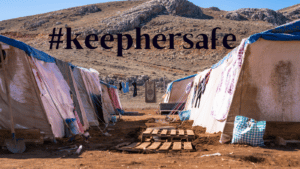
Conditions in refugee camps and other displacement settings often expose women and girls to greater security risks including sexual exploitation.
Despite the acute impacts that emergencies have on women and girls, they are often excluded from leadership and decision-making roles when it comes to humanitarian response.
Safe from the Start Act — A Policy Solution to Address Gender-Based Violence in Humanitarian Emergencies
The Safe from the Start Act will formalize and expand on a vital program to make it even more effective.
Specifically, the Safe from Start Act will:
- Formalize the State Department’s and USAID’s existing Safe from the Start program, thus ensuring continuous attention and resources for the issue of GBV in humanitarian emergencies;
- Update the objectives of Safe from the Start, including goals related to protection and empowerment of women and girls in emergencies, and broad partnerships to improve and scale-up NGO and local capacity;
- Establish a Congressional reporting requirement to ensure accountability towards the goals and objectives of the Safe from the Start initiative; and
- Recognize that the U.S. Government should provide assistance and protection where needed, but also build the capacity of women and women-led local organizations to act as first responders, community leaders and drivers of sustainable change.
Resources
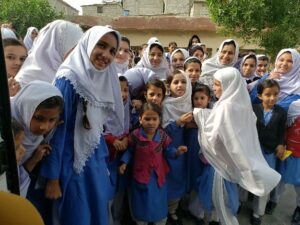
Girls LEAD Act
Supporting Girls Leadership, Engagement, Agency, And Development
On International Women’s Day, March 8, 2021, U.S. Senators Ben Cardin (D-Md.) and Susan Collins (R-Maine) announced that they will introduce the Girls’ Leadership, Engagement, Advocacy and Development (LEAD) Act, legislation to promote girls’ leadership and participation in civic and political processes through U.S. foreign assistance. Representatives David Trone (D-Md.-06) and Cathy McMorris Rodgers (R-Wash.-05) introduced the companion legislation in the House.
The Girls LEAD Act aims to improve the effectiveness of U.S.-led democracy and governance initiatives, as well as increase girls’ ability to engage in decision-making processes affecting their lives and their communities, ultimately fostering new generations of empowered women leaders.
LEARN WHY GIRLS’ CIVIC ENGAGEMENT IS CRITICAL TO A STRONG FUTURE
ResourcesSenate Bill Brief
House Bill Brief
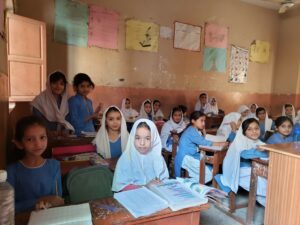
Futures Without Violence is a proud supporter of the Keeping Girls in School Act of 2021. The bill has bipartisan support in both houses of congress. It was re-introduced in June of 2021 by Senators Jeanne Shaheen (D-NH), Susan Collins (R-ME) and Lisa Murkowski (R-AK) and Rob Portman (R-OH) in the Senate and Representatives Lois Frankel (D-FL) and Mike Waltz (R-FL) in the House.
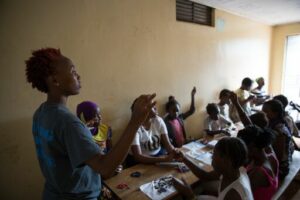
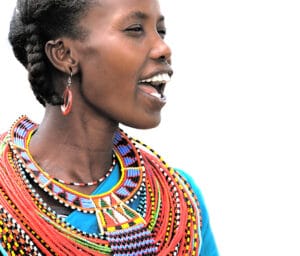
The International Violence Against Women Act (IVAWA) calls for a comprehensive U.S. response to end violence against women and girls globally. Passage of this crucial piece of legislation would represent a big step forward in the U.S. government’s commitment to ensuring that every woman and girl can live a life free from violence and fulfill her basic human rights. It would also make gender equality a cornerstone of U.S. foreign policy.
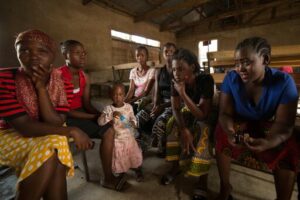
From Nigeria to India, we must do our part to put an end to the devastating events across the world. Urge Congress to act now to prevent gross human rights violations–from child and forced marriage to domestic violence—and promote global stability and security.
Programs
In December of 2019 FUTURES was invited to partner with Women Win, US Embassy Pakistan, and Right to Play Pakistan to help explore the topic of gender-based violence (GBV) within the context of Pakistan and better understand the landscape of actors and stakeholders working on issues related to GBV and sport for social change, adolescent girls and engaging boys and men, and to share U.S. and global best practices around using sport to address gender-based violence, working with adolescent girls and engaging boys and men
In April of 2022, the Attorneys General Association and Basketball Africa League / NBA (BAL4HER) invited FUTURES to the BAL tournament taking place in Cairo, Egypt, to introduce the vital tenets of advancing allyship of professional athletes towards women and girls in their communities.
Budgets & Appropriations
Women and girls are chronically undervalued members of society who face abuses and violations of their human rights in staggeringly high numbers, but who deserve the same economic, social and political opportunities as others in their communities. Promoting gender equality is a matter of justice and equity, but U.S. investments in women’s and girls’ rights and leadership also advance American interests in security, development, and growth. The United States has invested in preventing and responding to gender-based violence globally for more than two decades and in the last 10 years has enhanced its investment to empower women and girls and reduce violence. Our annual requests for such investments insure continued support for this lifesaving work.
SFOPS FY22 Gender Community Request
Gender Community FY 2023 OMB/Presidential Request
Gender Community FY2022 OMB / Presidential Request
Issues & Advocacy
At FUTURES we believe in the power of data and the importance of exploring and amplifying new learnings that add to our collective understanding of what contributes to patterns and behaviors that perpetuate inequality and inequity. We also recognize and welcome opportunities to collaborate with and learn from like-minded organizations in pursuit of advancing justice and equality. Some of our more recent publications and collaborative exchanges can be found here:
In December, the U.S. Department of State releases the updated United States Strategy to Prevent and Respond to Gender-Based Violence Globally. Futures Without Violence worked hard with partners to heavily influence the strategy to advance equity, support comprehensive approaches to address violence, and strengthen the commitment and work of the U.S. Government.
Leila Milani, Program Director for Global Policy and Advocacy, provides an update on the protests in Iran and how women and girls are at the forefront of the fight for freedom.
On the one year anniversary of Taliban’s rule in Afghanistan, the humanitarian crisis is in dire straits and the future looks increasingly grim for Afghan women and girls. The decades of progress toward development and gender equality have given way to food insecurity, economic crisis, and human rights abuses targeting women and girls.



Policy Briefs


